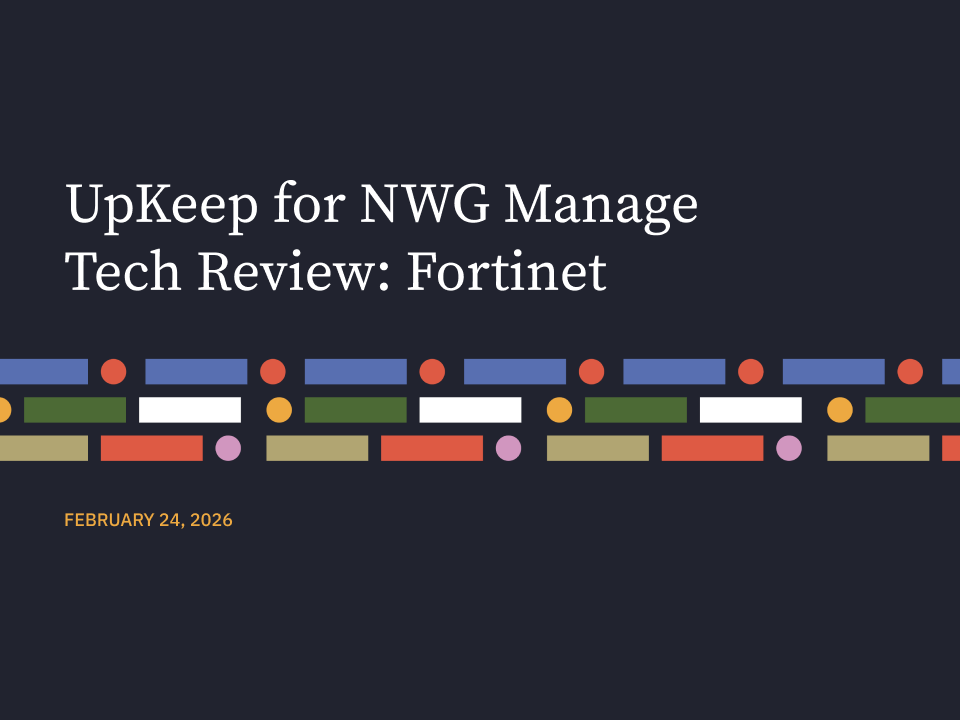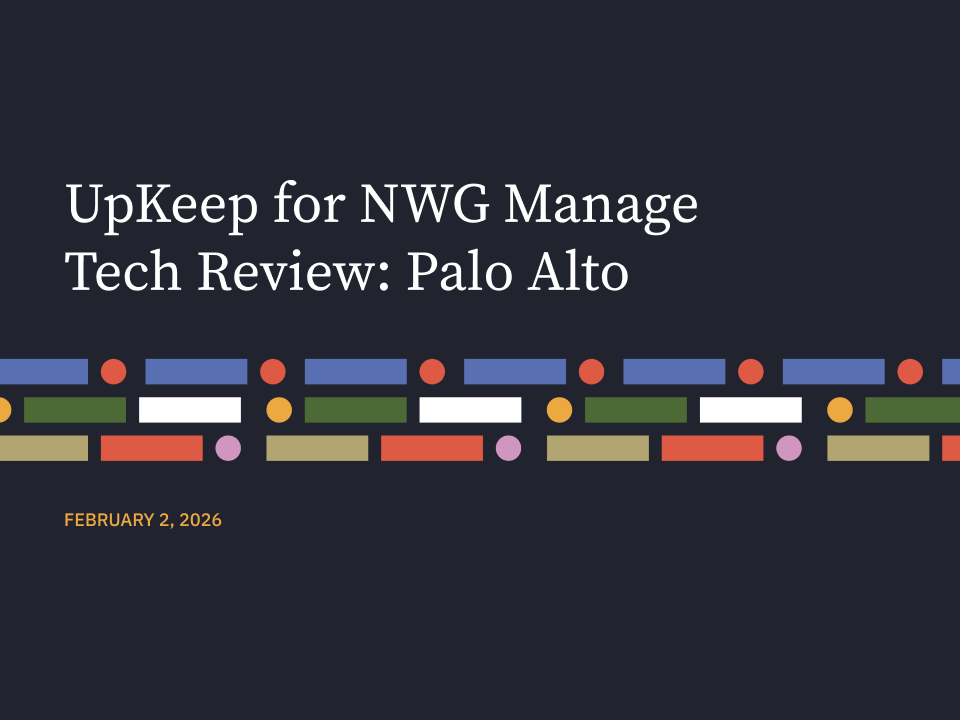
Essential Infrastructure in Peril
Critical infrastructure industries are a required foundation for a functional society. Without these sectors, vital services and products are unavailable. Health care, finance and manufacturing are three examples of markets that fall under this designation. The huge shortage of personnel with cybersecurity skills puts this essential infrastructure in peril. The demand for these experts is higher than the supply, making it difficult for organizations to appropriately protect themselves from cybercriminals. In the United States, only 66.7 percent of employer demand is met. It's even worse in other countries, with Israel only filling 28.4 percent of demand.
Damaging Cyberattacks
While manufacturing and finance face many difficulties from cyber criminals, the health care industry finds itself particularly at risk. Hospitals rely on patient data for life and death situations, and a ransomware attack at the wrong time could be fatal. Multiple medical facilities suffered from this type of cybercrime in 2016, with 88 percent of ransomware attacks directed at hospitals. This was on top of other hacks that the understaffed organizations faced.
The financial industry saw an extremely damaging attack that abused the SWIFT system, and the only reason the losses didn't reach $1 billion was due to an error by the criminals. It's difficult for critical companies to protect themselves against such threats when it's so hard to bring qualified security talent on board.
How to Overcome Cyber Security Skill Shortages
You may attempt to hire people internally to do the job, but this isn't an ideal situation. It's difficult to recruit, train and retain individuals with the skills you need. Market competition results in a constant stream of recruiters trying to entice these people away from your organization, or they may simply choose to go to greener pastures on their own. Your company goes through endless recruitment cycles that get more expensive every time you lose someone. Plus, the typical salary of a junior cyber security analyst averages $70k, so the outlay far exceeds the value you may receive.
Additionally, you may lack the resources to attract anyone in the first place. Depending on your budget, you can fall behind other organizations and fall to the bottom of a candidate's prospective employers list.
In-house employees may not work out when it comes to cybersecurity, but you can solve your dilemma without bringing on people full-time. A managed security services provider, such as Networks Group, can supply you with the people, talent and security tools you need to resolve your skills shortage.
How to Get the Most Out of Your Managed Security Services Provider
Working with an outsourced provider requires a different approach than you would take with an employee.
Create a plan that outlines your current security measures, highlights the biggest challenges you encounter, details your available resources, and describes your expectations. Then, work together with the provider to protect your valuable assets and data, putting proactive and reactive measures in place to limit the damage that a hacker could achieve.
By doing so, you will eliminate expensive administrative overhead and recruiting fees, as well as the frustration that comes with an unfilled security position. You will have the availability and reliability required to feel confident in your ability to stand up to cyber criminals.
The cybersecurity skills gap won't be going away anytime soon. Hackers continue to launch devastating attacks on critical infrastructure, especially when they stand to gain millions if they succeed. Your best option in this environment is to invest in a long-term relationship with an experienced, outsourced cybersecurity provider.
Sources:
https://www.wired.com/2016/05/insane-81m-bangladesh-bank-heist-heres-know/
http://www.leathwaite.com/chief-thinking/news/cyber-skills-are-vital-to-financial-services-future/
http://healthitsecurity.com/news/working-to-overcome-the-cybersecurity-skills-gap-in-healthcare
https://www.rsa.com/content/dam/rsa/PDF/2016/11/closing-the-skills-gap-rsa-kpmg.pdf
http://www.eweek.com/security/industry-group-exposes-skills-gap-for-cyber-security-jobs







